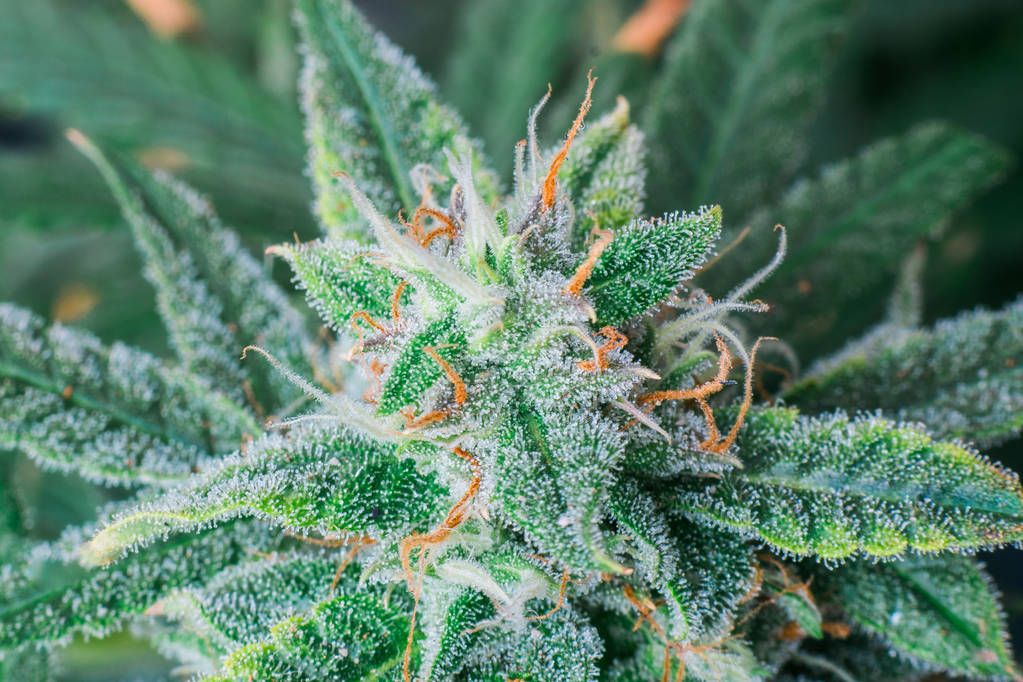A group of academic researchers, scientists, and community-based organizations today announced the launch of a first-of-its-kind, multidisciplinary, community-based participatory research (CBPR) study for cannabis agriculture.

Funded by a $2.7 million grant from the California Department of Cannabis Control, the project incorporates public education and CBPR to implement the standard methods and systems used across agriculture to define, document, and legally protect as intellectual property the individual and collective genetic resources of legacy cannabis breeders and legacy cannabis cultivation communities.
“The CBPR model is a partnership approach to research that equitably involves community members, organizational representatives, and academic researchers in all aspects of the research process,” explains UC Berkeley historian Dr. Todd Holmes, one of the researchers on the project. “For a historic project like this, it’s absolutely vital that the community is a partner in the design, implementation and analysis of the research.”
The community-based organizations partnered on this study are Origins Council (OC), a California nonprofit public policy and research institute serving California’s historic rural cannabis farming regions, and the United Core Alliance (UCA), an organization created by social equity advocates to serve disadvantaged communities adversely impacted by the war on drugs.
“Unfortunately, the persecution of the BIPOC community is also at the heart of the cannabis plant’s historic legacy,” says UCA president and CEO Khalil Ferguson. “We therefore have an interest in seeing that persecution stop forever. UCA helps those impacted by the enforcement of archaic cannabis laws expunge their records while also helping them learn how to navigate the warren of laws surrounding the plant so that they may participate and benefit from the economic engine that is legal cannabis. This research has the potential to strengthen and magnify that economic benefit for these communities.”
The study is being collaboratively led by a multidisciplinary team of researchers, including: Principal Investigator Dr. Dominic Corva, Assistant Professor of Sociology and Program Leader of the Cannabis Studies major at California State Polytechnic University, Humboldt; Co-Principal Investigator Genine Coleman, Executive Director of Origins Council; Co-Principal Investigator Dr. Todd Holmes, a historian with the Oral History Center at the Bancroft Library, UC Berkeley; Co-Principal Investigator Dr. Eleanor Kuntz, co-founder of Canndor, the world’s first cannabis herbarium, and co-founder and CEO of LeafWorks, a genomics and plant science company; Dr. Marj Plumb, Nationally recognized expert in Community-Based Participatory Research; Khalil Ferguson, President and CEO of United CORE Alliance.
Research outputs will include:
• Oral histories
• Academic journal articles
• Cannabis genomics data
• A special collection in the Canndor Herbarium
• An ethnographic study on the political geography of California cannabis
• Series of educational webinars and publications regarding intellectual property tools for genetic resources
• Research-based public policy recommendations
• A research model for working with legally marginalized and underserved cannabis farming communities
• Advancement towards research-based, community-driven consensus on the definition of legacy cannabis
“Having been relegated to the shadows for the past 60 years, the legacy of California’s extraordinary cannabis is finally coming into the light. This is a remarkable moment in our journey to full legalization of cannabis agriculture,” says OC Executive Director, Genine Coleman.






